A masterfully filmed tale of class structure, Bong Joon Ho’s brilliant “Parasite” turns the mirror at our frightfully self-serving nature.
Let’s start off with a recommendation: Go see this movie, now!
That’s the most important information you need out of a review, is it not? So that part is out of the way. Trust me and see it, and love it. Then come back, and you can hold my word as aligned with your own taste. See it and hate it, and you’ll know what to take and leave from my reviews.
With that business settled, the rest will be filled with freewheeling discussion about plot points and parallels that will openly disclose integral elements of the story, or “spoilers” as the hyper-sensitive consumers call it.
The first Korean winner of the “Palme d’Or”, the highest award from the Cannes Film Festival, Bong Joon Ho’s Parasite has been making waves ever since. I personally first heard of Bong with the surprisingly bad ass monster movie The Host (2006) which kept his name in my memory bank when Snowpiercer (2013) popped up to rave reviews. Starring Chris Evans (Marvel’s Captain America), Snowpiercer told a dystopian tale of a linear class structure, aboard a train circling the world in perpetuity.
Staying within the same theme, Parasite addresses class in more of a twining gambol.
An impoverished nuclear family (Father – Mr. Kim, Mother – Chun-sook, Son and Daughter – the Americanized Kevin and Jessica, respectively) live in a sub-basement apartment, making a meager living folding pizza boxes for a local pizzeria. A fortuitous visit from Kevin’s friend, Min, brings a good luck charm known as Suseok (Scholar stone) as well as opportunity.
Min is leaving to study abroad, and Kevin is the only friend he trusts to take over a tutoring job for a rich high school girl, whom he’s in love with. Despite Kevin’s lack of proper schooling, Min encourages him to “fake it”. Using Jessica’s artistic flare for forging documents, Kevin interviews for the gig with the naïve Mrs. Park. So begins the adaptive parasitoidism.
Let’s unpack the scholar stone a bit here.
Culturally, these stones manifest various forms of luck. The stone Min brings he states will bring material wealth to the family, to which Chung-sook in a realist outburst proclaims, “Food would be better.” I could not help but think of an episode of the 1980’s Twilight Zone revival called “Button, Button” written by Richard Matheson. In it, a hard on their luck couple is presented with a box with a button that if pressed will give them abject wealth, while at the same time killing a stranger. The couple debates pressing the button, with a discourse on the prospective health and deservedness of this stranger. There must be some price to this stone’s powers.
Once comfortably employed, charlatan Kevin maneuvers to have his sister Jessica — posing as a classmate of a cousin and an Art therapist — hired on to help Mrs. Park’s youngest child Da-song, who they label eccentric and traumatized. The siblings weave a brilliant con, sabotaging both the Park’s chauffeur and housekeeper to ensure their entire family unit is embedded within their host.
Bong’s attention to even the simplest movements — such as Kevin’s student Da-hye plucking the paper after he checks her pulse, hinting at lust — is masterful.
The entire film is a masterpiece of austere beauty.
Bong films with the conviction of Kubrick and the methodical vision of Hitchcock. Comparisons I have no qualms in making.
Both families, the Parks and the Kims, are painted concisely as different species. The Kims look to leech as much as they can out of any resource presented — from free wi-fi to unintentionally free fumigation of their basement apartment’s insect population thanks to municipal fogging, without regard to the poison’s detriments. Meanwhile, the Parks exhibit the absolute naivety of reliance on recommendations of service as vouchers of an expected standard.
Scent is used wonderfully to separate the hierarchy, as well as a plot device.
The most introspective aspect of the story is how quickly the Kims turn on their own kind.
Even when Mr. Kim displays some level of remorse for the previous chauffeur, Jessica is quick to shoot down his concern. “Worry about us.” The second the Kims have some comfort, they are willing to let the rest of the proletariat languish.
Unfortunately for the Kims, while the Parks are off on a camping trip, the old housekeeper returns to collect something she left behind: her husband locked away in a secret basement bunker that the Parks were unaware of. The housekeeper stowed him there to hide him from loan sharks when the previous owner, who she had also worked for, moved out before the Parks took residence.
A classic standoff between the two parasitical families is capped humorlessly by a cell phone acting as a loaded gun. An early return by the Parks brings the entire encounter to a head. The Kims, minus Chung-sook, escape unnoticed, after some tension, in a furious rainstorm. Once home, they realize this storm has completely flooded their own living quarters.
Symbolically washing away the sheen of opulent living, the rain affects both families in about as opposite manners as possible. The Kims have lost everything. The Parks see the rain, which has washed the fog of pollution away for the moment, as a chance to have a garden party to celebrate Da-song’s birthday.
The cast is a perfect symphony of talent.
From frequent Bong collaborators Kang-ho Song (also from The Host) as the doltish Mr. Kim and Woo-sik Choi as Kevin, to Hye-jin Jang (Chung-sook) and the breakthrough So-dam Park as the sociopathic Jessica, not one of the Kims feels out of place or forced.
The film ends as a woven canvas, with no one ending up better off than they were. It was all a futile act of climbing the ladder by stepping on your neighbor’s hands only to be stepped on by the person ascending above you.


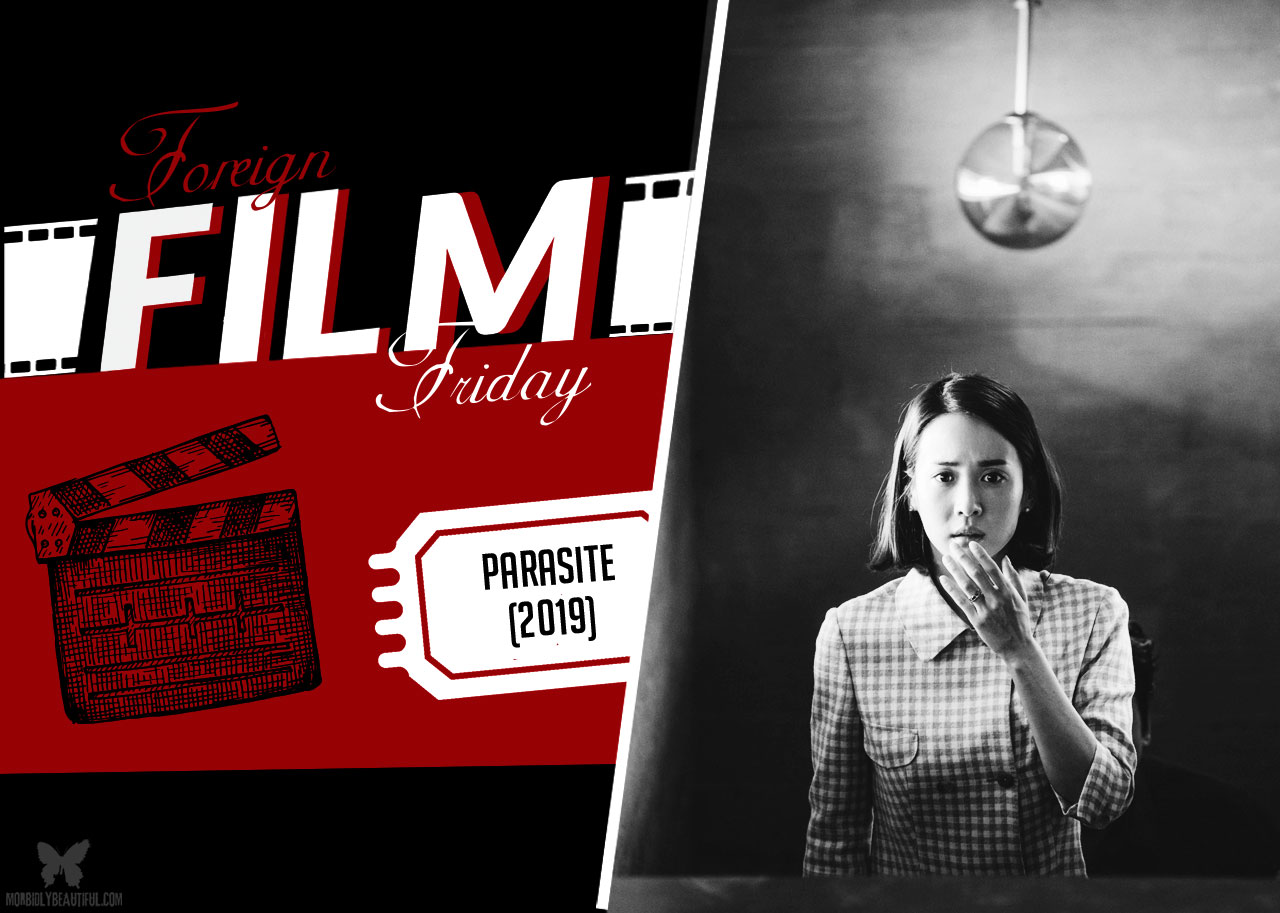
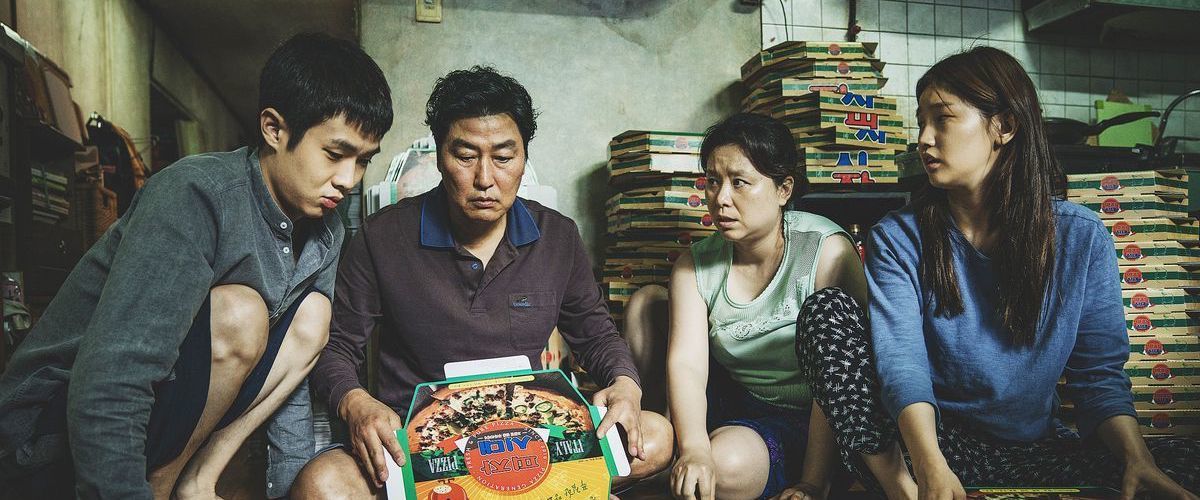

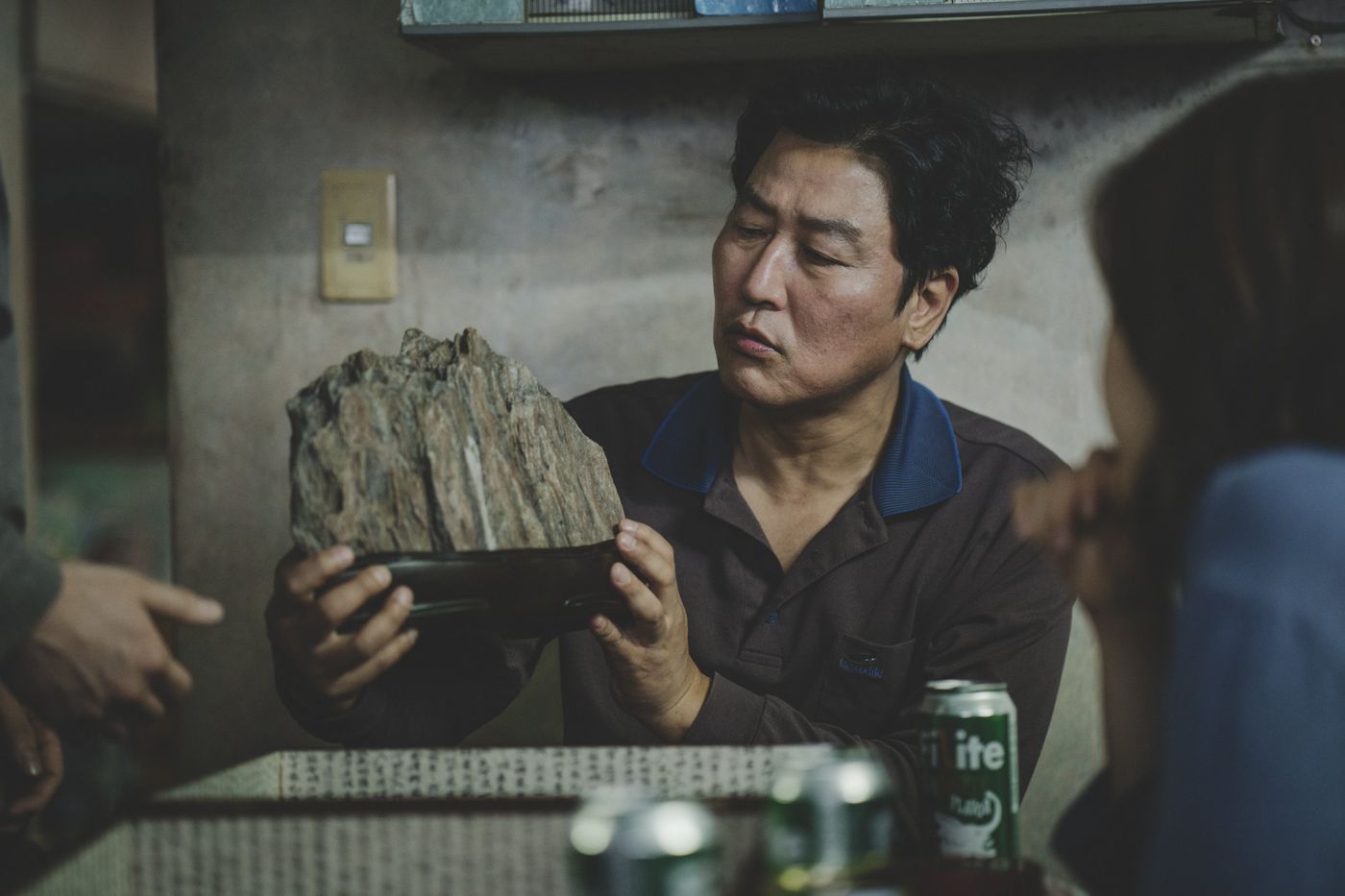


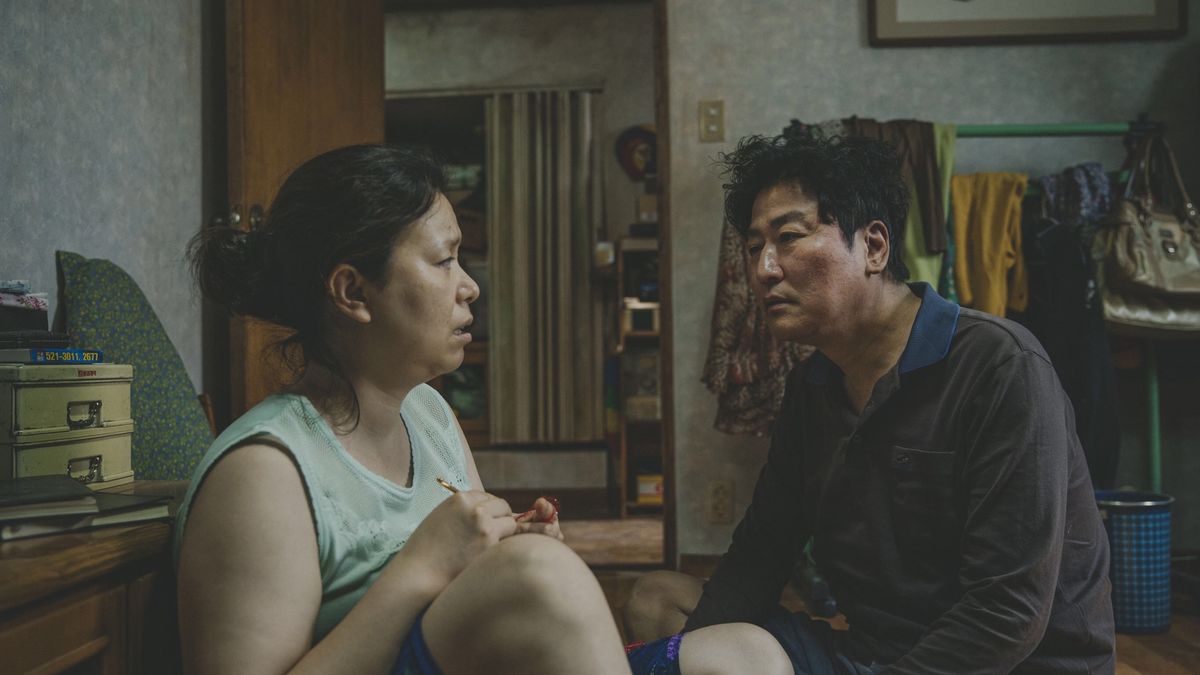










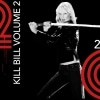
Follow Us!